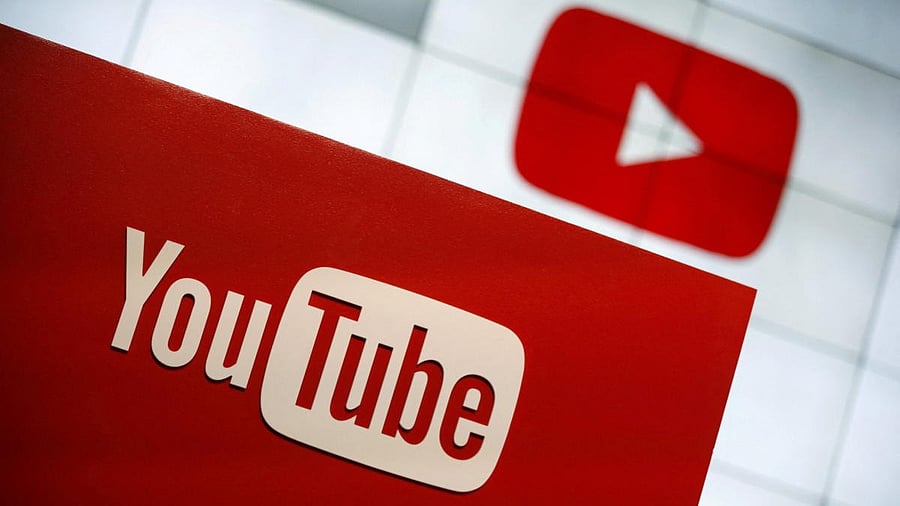
YouTube logo at the YouTube Space LA in Playa Del Rey, Los Angeles, California, United States.
Credit: iStock Photo
Arguably the world's most popular video hosting and streaming site, Alphabet-owned YouTube, has come out with new regulations that attack the use of clickbaity thumbnails or titles which promise to deliver something that isn't included in the main content.
In a Google blogpost, YouTube said that it is "planning to increase enforcement" against such videos.
It goes on to say that this becomes more important when the video in question covers topics like breaking news or current events. This move will be "ensuring viewers aren’t misled about what they watch on YouTube," the blogpost added.
"This can leave viewers feeling tricked, frustrated, or even misled—particularly in moments when they come to YouTube in search for important or timely information," it further added.
YouTube is now planning to remove videos that will violate its policy to curb what it terms "egregious clickbait".
In an example of the types of videos which will face the axe, YouTube says that if a video is titled "the president resigned", and then mentions nothing about the president's resignation in the video, it will be removed from the platform.
However, YouTube has not yet specified how it plans to categorise news. Whether the same rules be applicable when it comes to sports or business or entertainment news remains unclear as of now.
YouTube has become an important tool for news consumption across the world, and videos on the platform can sway political narratives, as was evident by Donald Trump's interview with Joe Rogan right before the elections which gave him more than three hours to talk directly to voters on the most popular podcast in the world.
Russian President Vladimir Putin on Thursday blamed YouTube for slowing speeds in Russia and said Google must comply with Russian law if it wants to continue operating in Russia.
Critics believe YouTube is being deliberately disrupted by the authorities to prevent Russians from viewing content there that is critical of Putin and his government.
Russia denies that, saying the issues are caused by Google's failure to upgrade equipment - a charge disputed by the company and technology experts.
(With Reuters inputs)
